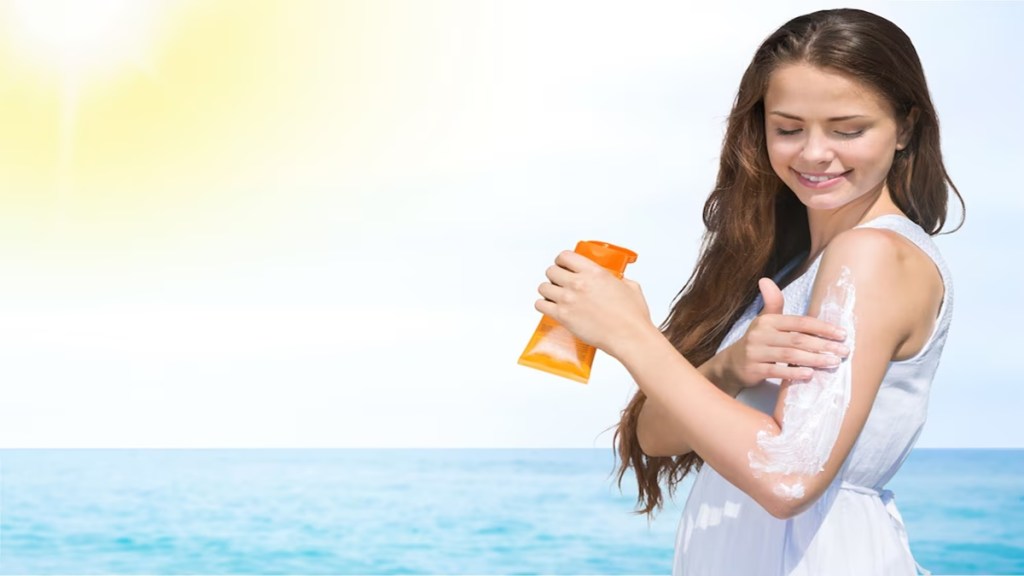The Bureau of Indian Standards (BIS) has notified testing standards for the sun protection factor (SPF) in sunscreens, sources said. The move, a first for the domestic beauty and personal care (BPC) market, is significant since domestic players had been demanding a standardised approach to evaluate the SPF for some time now.
Sunscreens are a growing category within BPC in India, valued at Rs 2,500 crore, and expanding at a rate of 30-40% per annum. While legacy beauty firms such as Hindustan Unilever (HUL), LOreal and Nivea are among key players, direct-to-consumer (D2C) brands such as Mamaearth and The Derma Co, both from Honasa Consumer, Dot & Key, Aqualogica, etc, have been turning up the heat in the market over the last few years.
HUL–Honasa clash pushed urgency for SPF standards
The move to standardise SPF testing protocols also comes after a high-profile showdown between HUL and Honasa Consumer in April, which had brought to the fore the gaps in sunscreen regulations. The two companies had sparred over the issue of SPF testing standards, dragging each other to court. The issue was settled following legal intervention.
SPF is a measure of how well a sunscreen protects skin from harmful ultraviolet (UV) rays of the Sun, which can cause sunburn, damage skin and can also result in skin cancer, sector experts said. Fast-moving consumer goods (FMCG) companies under the Indian Beauty and Hygiene Association, an apex body, had been asking for stricter rules when it comes to SPF testing to provide a level playing field for all brands.
In the absence of such protocols, various approaches, including in-vivo and in-vitro testing to mathematical models, were used by brands to measure the efficacy of their products, leading to inconsistent claims, sources said. ‘While sunscreens in India are regulated as cosmetic products under the Drugs & Cosmetics Act, 1940 and the Cosmetic Rules, 2020, with the current standard, namely BIS 4707 Part 4, listing permitted UV filters and concentration limits, there was no standardised approach to testing SPF so far. This gap has now been filled’; an industry source said.
Alignment with global norms, concerns for smaller firms
The adoption of SPF testing protocols by domestic players will also mean that the market will be aligned with global standards as far as sunscreens go, experts said.
Though larger beauty firms have welcomed the development, smaller manufacturers have argued that increased compliance levels would affect them. Large manufacturers, on the other hand, have argued that standardised testing methods are needed for SPF to weed out misinformation and misleading claims.
Regarding sunscreens, there was a need to move to performance-based standards from composition-based rules that have governed cosmetic regulations in India for decades, experts said.
BPC companies have been arguing for long that science-based standards are required in the category, much like it is in the food sector wheren the Food Safety and Standards Act 2006 replaced food laws that were focused on prevention of adulteration. Now, laws concerning food items are focused on safety and efficacy, which should also be the case for BPC, executives said.

